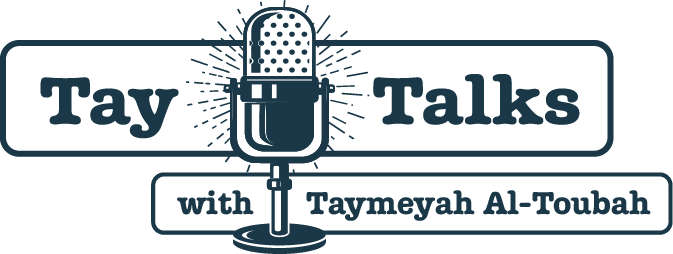The Medicine We Need: Purpose, Mentorship, and True Growth
Welcome back to another one of my ramblings, and thank you for joining me in highlighting another guest I’m privileged to know and learn from regularly. Nanu and I met at the Super Bowl (or Oscars, or Met Gala—pick your metaphor of choice) of neuroendocrine tumors: the NANETS annual symposium. I take pride in, and am incredibly grateful for, the fact that somehow the universe continues to put incredible people, with incredible souls, in my path.
At first, we probably only exchanged a quick hello/goodbye and didn’t really get to interact much. But ask anyone who knows or has interacted with him: Nanu’s energy is calming. Odd way to describe someone you know professionally, but honestly, it’s the best word I can find. In a sea of chaos, he finds a way to have intentional conversations, drown out the buzz of a conference poster-session cocktail hour, and create a genuine interaction with everyone.
A few years later, we ended up collaborating on a project, and I was genuinely shocked at how impressive and quick his work was. I wanted whatever drug he was taking—but was also slightly terrified. I told my boss immediately: “Do not expect me to work as quickly or efficiently as Nanu. I draw the line.” He laughed but agreed that my salary wasn’t going to be slashed overnight.
Soon after we started to work more closely together and develop joint project ideas, I heard that Nanu was leaving clinical practice for industry. In academia, that’s often seen as the ultimate betrayal—“crossing over to the dark side.” Seeing someone young, at the prime of his career growth, and so clearly compassionate and invested in patient care make that choice—I can’t lie, I was surprised. I wondered if I had misread him and maybe he was more superficial than I’d thought. I was also mainly just bummed we wouldn’t be working directly anymore.
But very quickly I realized Nanu’s purpose hadn’t changed (exhibit A is this article where he talks about just that). Those supposed “sides” don’t actually exist. We’re all on the same side. And while I had always preached that, I’ll admit: some biases are hard to shake. It was validating to see proof that what I’d been saying really was true. Nanu embodies medicine wholeheartedly. And, as you’ll hear in the podcast, he also talks about the things that make him him—the creative side that medicine so often lacks. He’s a perfect reflection of what I constantly tell students: use undergrad to pursue your hobbies and passions! Don’t just chase a degree you think will look good later. What people really want are transferable skills, personality, and character—things you can’t just xerox.
The conversation we had on mentorship could’ve (and probably should’ve) been its own episode running well over an hour. Good mentors support your strengths and let you lead your own path, while gently carving a way forward and holding space for you. And that relationship is a two-way street. I realized at some point that good mentors (and good friends) aren’t just the ones who show up when you’re struggling. They’re also the ones who cheer you on when you’re thriving—genuinely happy to see you succeed, even if your goals pivot. A good mentor doesn’t just use you to push their projects forward, then hold you back from promotions. And a good friend isn’t just supportive when you’re having a rough time.
It’s easy to feel grateful for people who are there when you’re vulnerable, but that can be a false sense of security. I learned a lot during a year when I was having one of my best personal and professional runs. Seeing how friends reacted when I was getting awards, thriving in my personal life, and making choices that looked different from what I’d initially planned but made me genuinely happier—that was revealing. Some friends and mentors diminished those wins, or disappeared altogether. That stung. So here’s a forever-reminder: pay attention to how people show up when things are good, and keep those people around.
That was a bit of a detour from my highlight on Nanu, but if you want to hear what inspired this whole ramble, go listen to his amazing episode. Follow him on LinkedIn to see what he’s up to and get a glimpse into his brilliant mind. And if you want to read some of his amazing work, this article beautifully discusses the immunotherapy revolution and this poem is one of the best depictions on the humanity of patient care and the double edged sword that is oncology clinical trials.
Thanks for sticking with us for the past six (ALREADY SIX!?) weeks—I’m looking forward to many, many more.




